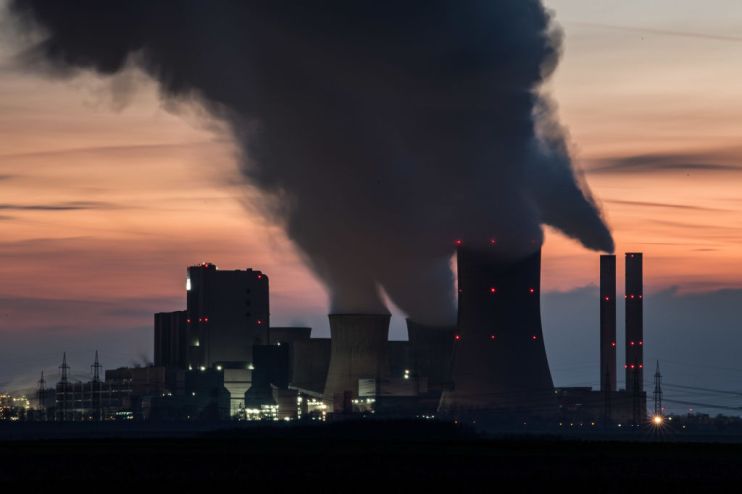Energy emissions stall in 2019 despite economic growth

Global emissions related to energy production stopped growing in 2019, raising hopes that a “definitive peak” in total greenhouse gas emissions may have been reached.
According to the International Energy Agency (IEA), emissions plateaued at 33 gigatonnes last year, having risen for the previous two years.
The data is particularly striking as decline came even as the global economy grew 2.9 per cent in 2019.
The IEA said that the stall in growth was largely down to declining emissions from advanced economies, which are leaning more on renewable sources such as wind and solar power.
The US recorded the largest decline for a single country in emissions, which fell 2.9 per cent – or 140m tonnes – in 2019, meaning they are now almost 1 gigatonne below 2000’s peak.
Emissions in the European Union fell by 160 million tonnes, or five per cent, in 2019 driven by reductions in the power sector.
Sign up to City A.M.’s Midday Update newsletter, delivered to your inbox every lunchtime
The falls mean that across advanced economies, emissions from the power sector are now back to levels last seen in the late 1980s, when electricity demand was a third lower than it was today.
Central to this has been the decline in using coal as a form of power generation. In advanced economies, coal-powered generation has fallen 15 per cent due to increasing use of renewables.
The UK, which has set a phase-out date of 2024 for coal power, is leading this transition, with coal now accounting for a mere two per cent of electricity generation.
Dr Fatih Birol, the executive director of the IEA, said: “We now need to work hard to make sure that 2019 is remembered as a definitive peak in global emissions, not just another pause in growth.
“We have the energy technologies to do this, and we have to make use of them all. The IEA is building a grand coalition focused on reducing emissions – encompassing governments, companies, investors and everyone with a genuine commitment to tackling our climate challenge.”
Peter Kiernan, lead energy analyst at the Economist Intelligence Unit, said: “It is encouraging that in recent years the annual rate of growth in global emissions appears to be slowing down, but this progress needs to accelerate if the longer term goals of the Paris climate agreement are to be met.”